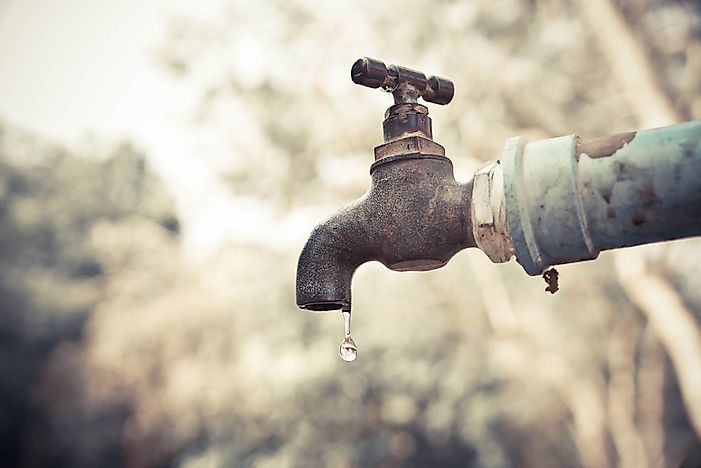Yearly, we receive news about drought and famine hitting different places in Kenya, with pictures of malnourished cattle and sad children circulating in the media. Those living in major cities and outskirts of the same have not been spared either. Water shortage has become rampant in most parts of the world today. As we work hard to restore the dignity of our water towers, we need to find ways to cope with this situation.
Here are some ways to cope with water shortage:
- Practice Water Conservation and Consciousness
This is the most important step to cope with water shortage. The general population is genuinely unaware of the causes of water shortage or what they can do to cope with such a situation. An effective way would be teaching communities how to practice water conservation by re-using water when conducting household chores and protecting natural resources such as rivers and ponds from pollution.
Water consciousness means being aware of how much water we use daily. Good practices include turning off the water while applying soap in showers, rinsing utensils in a basin instead of running water, brushing your teeth using a mug instead of running water and washing your car using a bucket instead of a carwash machine, and most importantly, monitoring and addressing the leaks in pipes and taps. These little checks create a huge impact on water conservation efforts and maximising water use.

- Innovation in Water Harvesting
Think of the light showers every other morning as sources of water. Ensure that your home has water harvesting facilities that will maximize collection opportunities. It can be simple methods such as putting your buckets outside the house and manually pouring it into larger containers.
A common method used is installing gutters from the roof and draining the water into a tank. The other way is to build underground tanks to collect the runoff water from your compound. The main aim is to store as much water as possible. County governments should also invest in water storage infrastructure (i.e. dams, reservoirs and embankments), especially in areas that experience frequent water scarcity.
Word of caution: Ensure that the collected water is covered to prevent mosquitos from breeding, and also treat the rainwater before consumption.
- Practising conservation in agriculture
Crops need water even during dry seasons. During such periods, there are better agricultural practices that can be employed on the farm.
Farm technology has seen farmers use drip irrigation systems to increase the efficiency of watering. Mulching helps to retain the soil moisture by preventing evaporation. Wastewater can also be re-used to water the crops. Planting drought-resistant plants and practising crop rotation are recognized as the best practices during such periods.
It is encouraging that most farmers in Kenya are aware of these practices. They only need to be empowered to practice, during dry seasons.
- Heed early warnings
We are living in an era where access to important information is easy. We can receive entertainment news and all manner of gossip through phones and other electronic media.
The same platforms of communication provide fast information when there is looming trouble. Prediction and forecasting on television and radio are not meant to scare us, but to help us prepare and adjust to given weather patterns.
On social media, ensure that you follow helpful blogs, meteorological departments and forums that can alert you and help you adapt to crises. Immediately you receive a warning that there is a looming water shortage, ensure that you take the necessary measures to cope with the water shortage.

